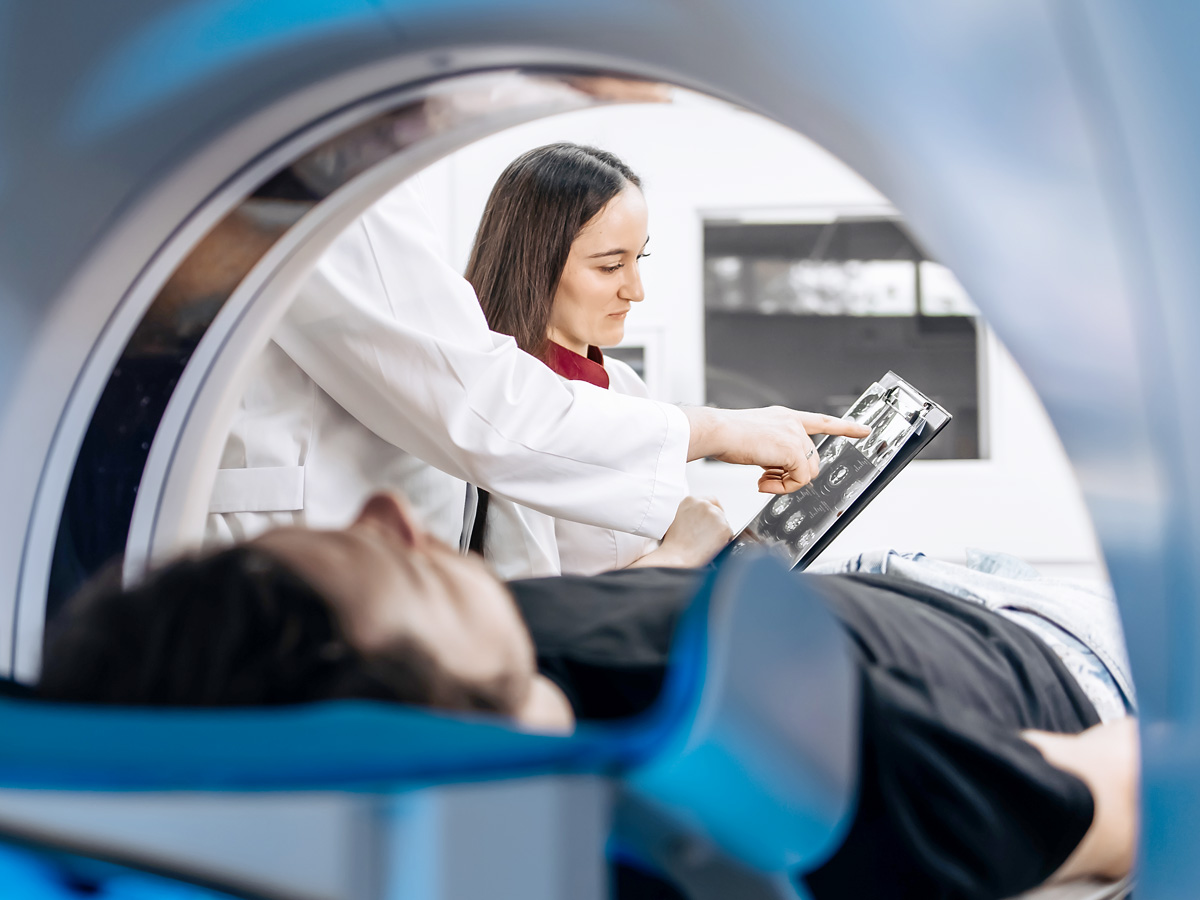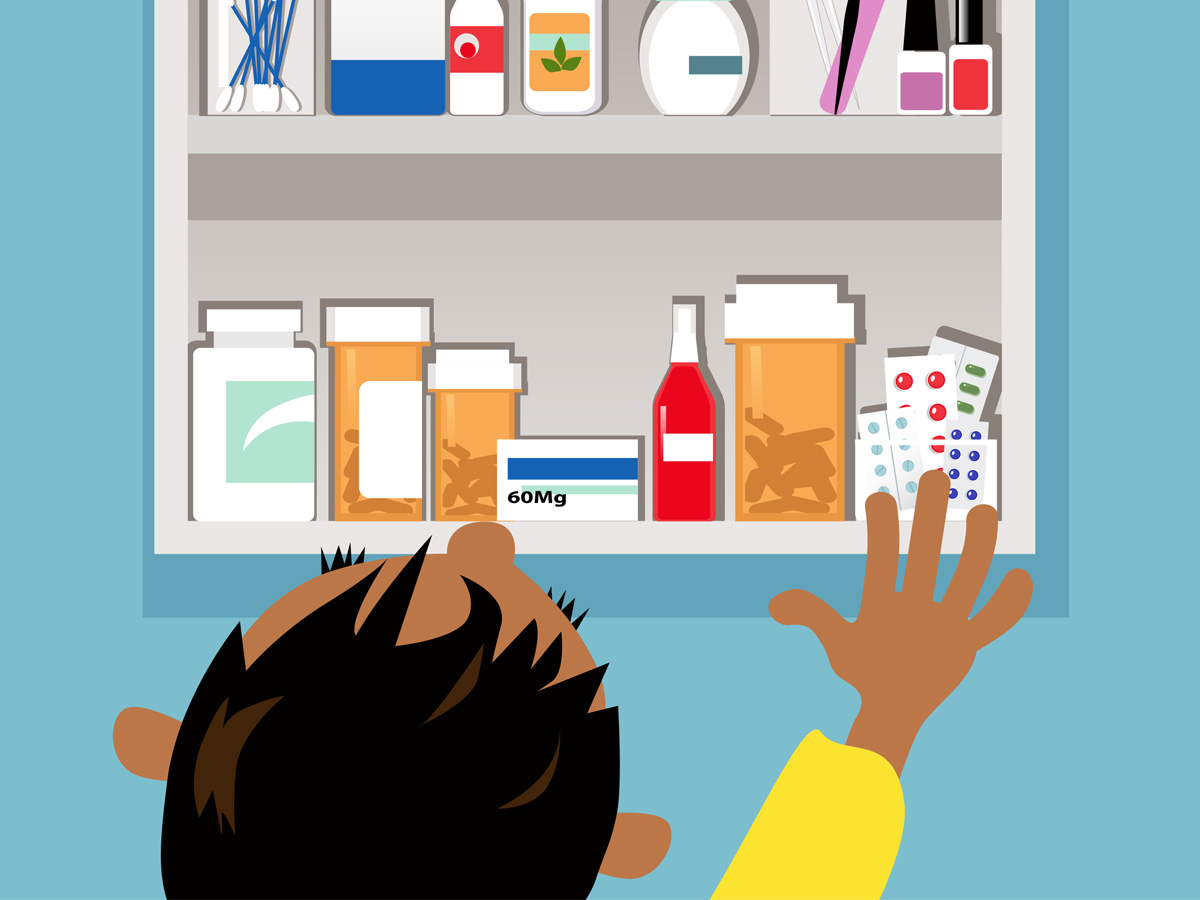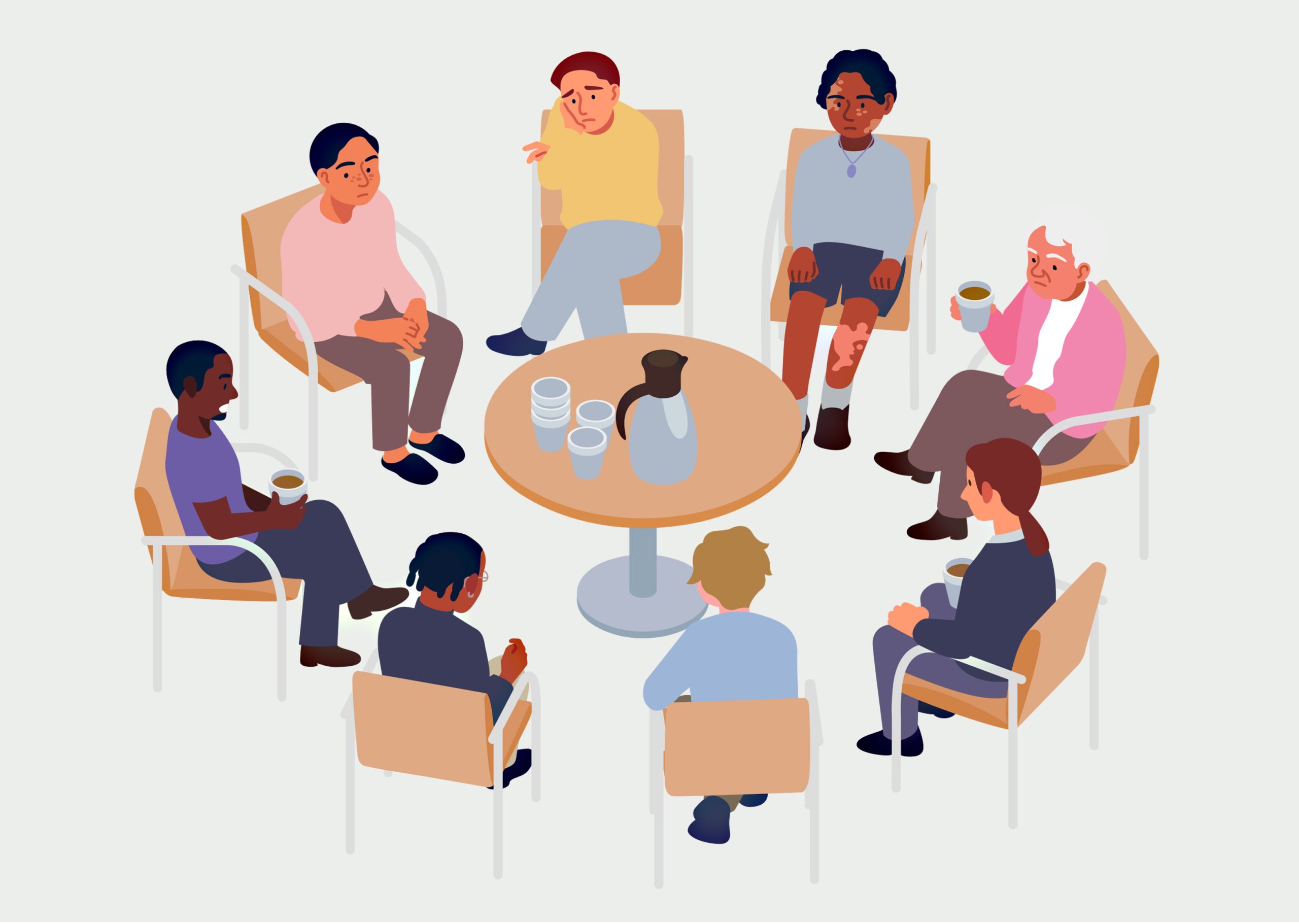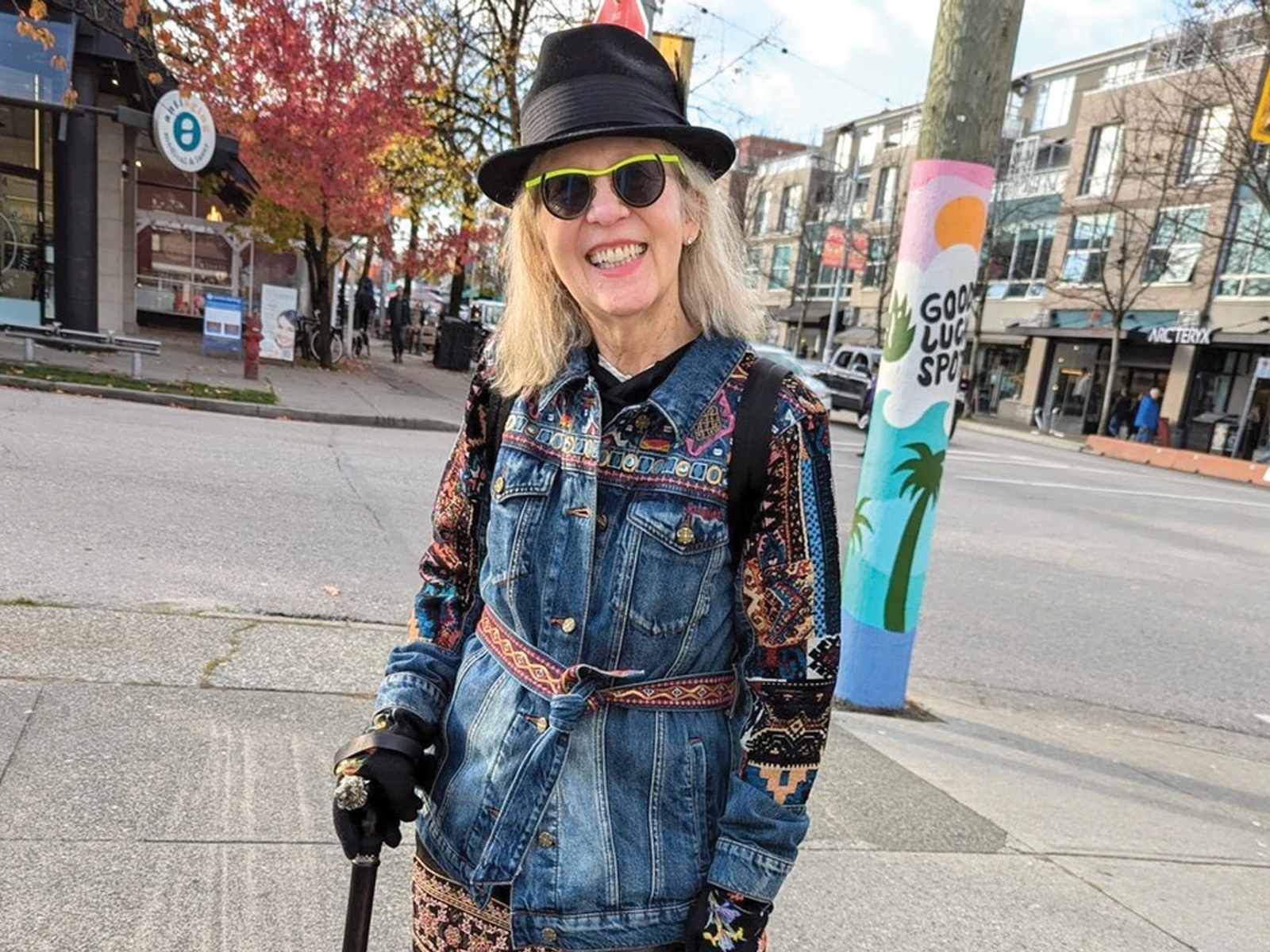Why isn’t cancer screening a priority for us?
I’ll be honest. I’ve always had a natural fear of doctors.
After a childhood full of surgeries and long recoveries, I developed what many of us in the disability community can likely relate to: a sense of dread whenever I wheel into a clinic or hospital. I know I’m not alone. Medical trauma, especially when it happens early and often, stays with you. It can shape how you view healthcare. It can make you avoid check-ups, delay tests, and put off conversations that might lead to more procedures, more scans
and potentially more discomfort.
But here’s the thing: cancer doesn’t wait! A recent review in the Disability and Health Journal made it painfully clear that people living with disabilities are more likely to die from cancer than those without. This isn’t because cancer is more aggressive in our bodies. It’s simply because we are less likely to get screened, less likely to be diagnosed early, and not as likely to receive the proper care at the right time.
The study found that people with disabilities, including those with intellectual or psychosocial disabilities, consistently experience worse outcomes across all cancer-related measures. Proactive screening rates for common cancers like breast, cervical, and colorectal are significantly lower. When a diagnosis does occur, it can often come too late. Furthermore, when treatment actually begins, it is typically less aggressive or delayed. The result is higher fatality and lower survival rates compared to the general population.
Let that sink in. People with disabilities are not just diagnosed later. We are dying more often from cancers that could have been caught or treated earlier.
This isn’t just a random issue for me. I lost my father to colon cancer. I’ve also lost friends and extended family members. These experiences have left a mark and have made me reflect more deeply on my own health and what I
can do to maintain it, despite my previous traumatic experiences.
But fear is only part of the broader story, of course. There are systemic reasons why people with disabilities are not as likely to be screened. Inaccessible clinics are one. Screening facilities are often not designed for wheelchair users. Booking systems are not always user-friendly. Transportation and waiting times are a challenge. And then there is the emotional fatigue that comes with having to explain your disability over and over again to various professionals who might not understand it or have the training to accommodate it.
Could it also be that everyone, including us, focuses so much on our disability-related health concerns that preventative care falls far down the list? We are managing pain, mobility, fatigue, mental health, and the logistics of daily life. Adding another layer, especially one that may terrify us can feel overwhelming. But the cost of delay is too high.
Longevity must become a priority in the disability movement. But the right to a long and healthy life is more important in my view. We should not only be fighting for ramps and policy changes, but also for screening, accurate diagnosis rates alongside equitable and timely treatments.
Here’s what I’m asking. If you haven’t had screening recently, talk to your doctor. Ask about colon, breast, cervical, and even lung cancer. If the clinic or specialist you are sent to isn’t accessible, say something.
If you work in healthcare, take a close look at your practice. Are your cancer screening programs reaching out to people who live with a wide range of disabilities? Are your facilities designed to accommodate mobility devices and other needs? Are your staff trained to speak with and listen to clients are on the spectrum or have other sensitivities? Are you unintentionally excluding people who need care the most?
And if you’re a policymaker, funder, or advocate, let’s shift the conversation. The disability community is one of the largest and most diverse populations in Canada. That needs to change. Cancer care must be integrated into the broader conversation on disability equity.
After all, we deserve to outlive cancer too.
Joel Dembe is a Paralympian, public speaker and a senior manager at RBC Direct Investing. He’s also Vice-Chair of Praxis Spinal Cord Institute. He serves as a Chair of the Patron’s Council for the Canadian Abilities Foundation.
Photo: iStock













